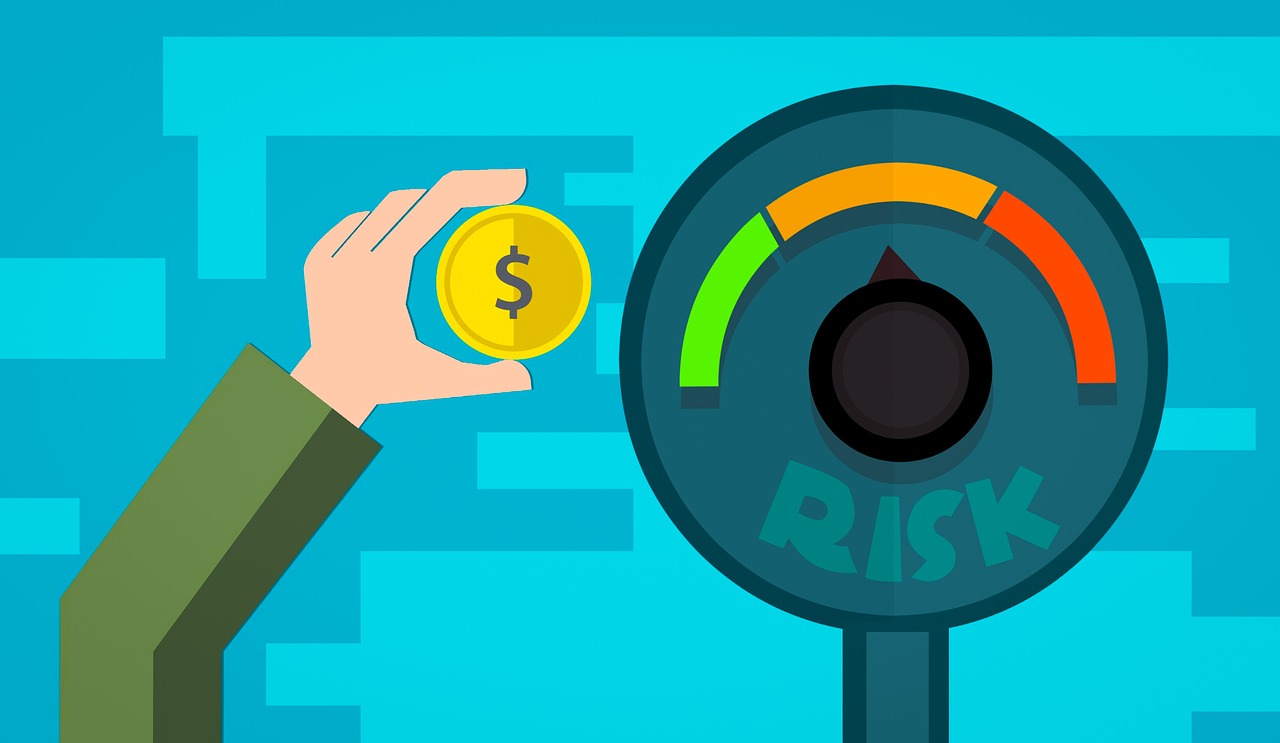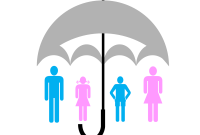The process begins when a disaster strikes and an insurance company is involved. The insurance company must determine coverage within seven to fourteen days, and then provide a written statement of coverage. These time limits are generally waived for catastrophes, but may be impossible to meet in some cases.
Consider retaining a public adjuster or attorney
Before retaining a public adjuster or attorney, it’s important to check their background and credentials. Public adjusters should belong to the National Association of Public Insurance Adjusters (NAPIA). The fee structure for public adjusters varies, and you should make sure that the contract is clear. You also need to ensure that the public adjuster or attorney you choose is ethical and effective.
Public insurance adjusters and attorneys work hand-in-hand to get the best possible results for disaster victims. Public adjusters will analyze the damage, while attorneys will handle the negotiations with insurance companies. An attorney can protect your rights in court. Both attorneys and public adjusters will be able to help you get the best settlement possible.
A public adjuster will charge a fee based on a percentage of the settlement amount. Their fee can be anything from two percent to 50 percent of the total recovery amount. It is best to discuss these fees with the public adjuster before hiring him.
If you hire a public adjuster, you should ensure that he has adequate training and experience. The adjuster will visit your property and ask you for information about the damage. The more details you give him, the more likely he is to be able to evaluate the damage and provide you with a fair settlement. He will be prepared to make a scope of loss report, a document outlining the extent of damage.
Consult an attorney or public adjuster for property claims
When deciding whether to hire a public adjuster or attorney to handle your property claim, it’s important to know what to expect. Public adjusters generally charge a percentage of the recovery. Their fees can be negotiable, but they can’t charge more than 12.5%. They also have certain restrictions on their work, including their hours of operation.
It’s also a good idea to prepare for a disaster beforehand by taking detailed notes and confirming everything in writing. Also, if you can, obtain business cards from all parties involved. If you’re unsure of anything, don’t hesitate to ask questions. The first contact between you and an adjuster is usually a brief, informative meeting. It’s important to establish the type of loss, the date you discovered the loss, and the tentative scope of the damage. The adjuster will also likely conduct a walk-through inspection of your property.
If you’ve suffered extensive damage to your property, it might be a good idea to hire an attorney or public adjuster. Be sure to choose a member of the National Association of Public Adjusters, which works to instill professionalism in the profession. While an attorney’s fees can be astronomical, a public adjuster will typically charge a fee based on the insurer’s payment to the adjuster.
Public adjusters and attorneys should be licensed and registered with the state insurance department. Make sure they have experience and references from previous clients. Also, be sure to check their license and accreditation from professional public adjusters organizations.
Consider retaining a public adjuster or attorney for critical needs assistance
Public insurance adjusters are trained and licensed by state agencies. They charge a fee based on a percentage of the total recovery. Depending on the policy you have, public adjusters can be highly valuable. They may also be more experienced in certain types of damage. To choose the right adjuster for your case, consider asking the adjuster for references. A personal referral from a friend or relative can be invaluable. Public adjusters should also have contact information for their previous clients.
If you’re unsure about your rights in a disaster, you may want to consult an attorney or public adjuster. Public adjusters must be members of NAPIA. You can also talk to your insurance agent about the best public adjusters. If you have inadequate insurance, you may not be able to afford a public adjuster.



